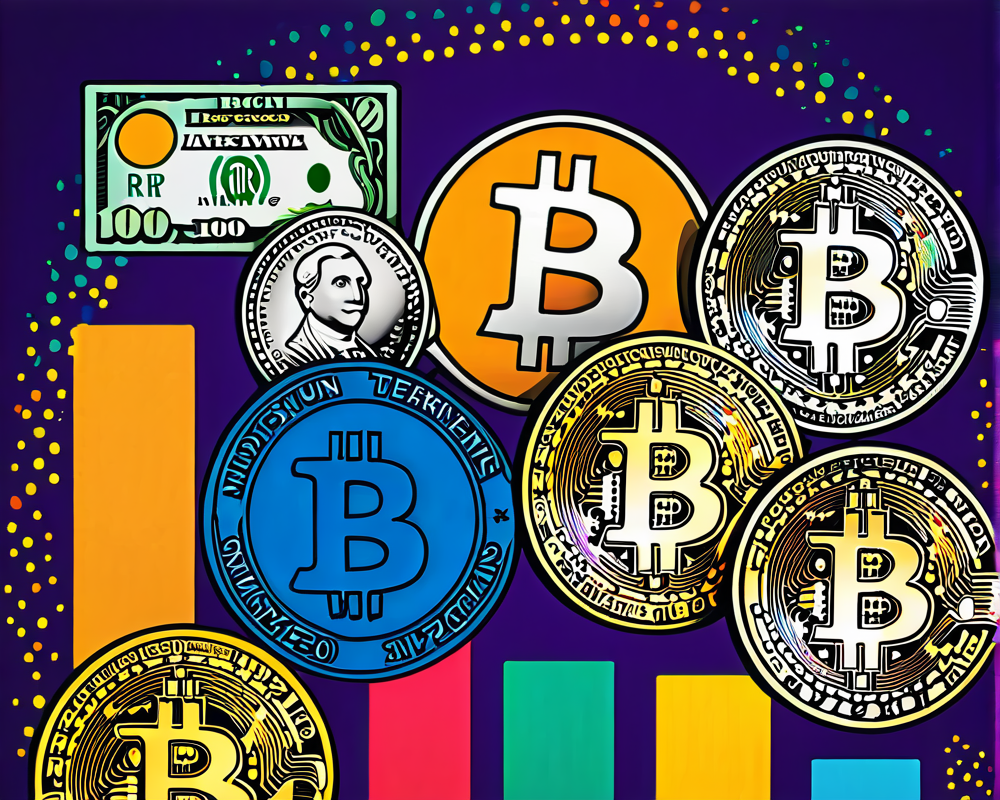What Are Reserve Currencies?
Reserve currencies are the VIPs of the financial world, playing a crucial role in international trade and finance. Essentially, these currencies are the ones that countries hold as part of their foreign exchange reserves, and they are also included in the Special Drawing Rights (SDR) basket of the International Monetary Fund (IMF). Think of the SDR as the United Nations of currencies, established to address the global shortage of reserve assets back in 1969 when the gold standard was being put to pasture. The current elite lineup comprises the US Dollar, Euro, Japanese Yen, Pound Sterling, and the Chinese Yuan, which made its debut on October 1, 2016.
How Did the Chinese Yuan Earn Its Spot?
The journey for the Chinese Yuan to join this exclusive club wasn’t just a luck-of-the-draw situation. The IMF will review its SDR composition every five years, adjusting the roster to reflect real-world currency importance. To qualify for the coveted SDR, a currency must show that it’s freely usable—meaning it’s widely accepted in international transactions and has strong trading volumes. In China’s case, their steadily growing influence in the global economy, along with a surge in Yuan-denominated transactions, propelled the currency onto the SDR list after a careful review in November 2015.
Metrics That Matter
- **Usage in reserves**: How much is the currency held by other countries?
- **Trading volume**: Is it traded frequently in the international market?
- **Debt denomination**: How much debt is issued in that currency?
These benchmarks are like the gold stars for currencies! The more stars, the better the chance of making it big.
Can Bitcoin Crash the Party?
Now, onto the hot topic—Bitcoin. Could it perhaps crash the reserve currency club? While some believe Bitcoin could become an unofficial reserve currency, it’s far less likely that it’ll earn its place in the SDR lineup. Why, you ask? Well, let’s just say the IMF isn’t just going to hand out membership cards to any cryptocurrency that comes along.
Reasons Bitcoin Faces Hurdles
- **Governance by Governments**: The IMF is controlled by its member governments, and many might not support Bitcoin’s inclusion due to its volatile nature.
- **Limited Supply**: With a cap at 21 million coins, Bitcoin’s scarcity could hinder its viability as a global reserve currency, especially when the IMF favors currencies that can grow in supply.
- **Regulatory Scrutiny**: Governments worldwide are grappling with how to regulate cryptocurrencies, leading to uncertainty that doesn’t bode well for reserve status.
So, while Bitcoin remains a favorite escape route for those seeking financial freedom, enjoying the rotation of reserve currencies seems a bit far-fetched for now.
The Future of Reserve Currencies
As we peer into our crystal balls and gaze at the future of currencies, it’s clear that the landscape is changing rapidly. We might very well see more currencies being added to the SDR roster as global economic dynamics evolve.
In short, becoming a reserve currency isn’t as easy as booking a flight to Paris. One must navigate through international standards, government regulations, and the shifting sands of global finance. Bitcoin, while revolutionary, may just have to bide its time before it can consider itself a contender. Until then, let’s keep the discussions going—who knows what the future holds?




